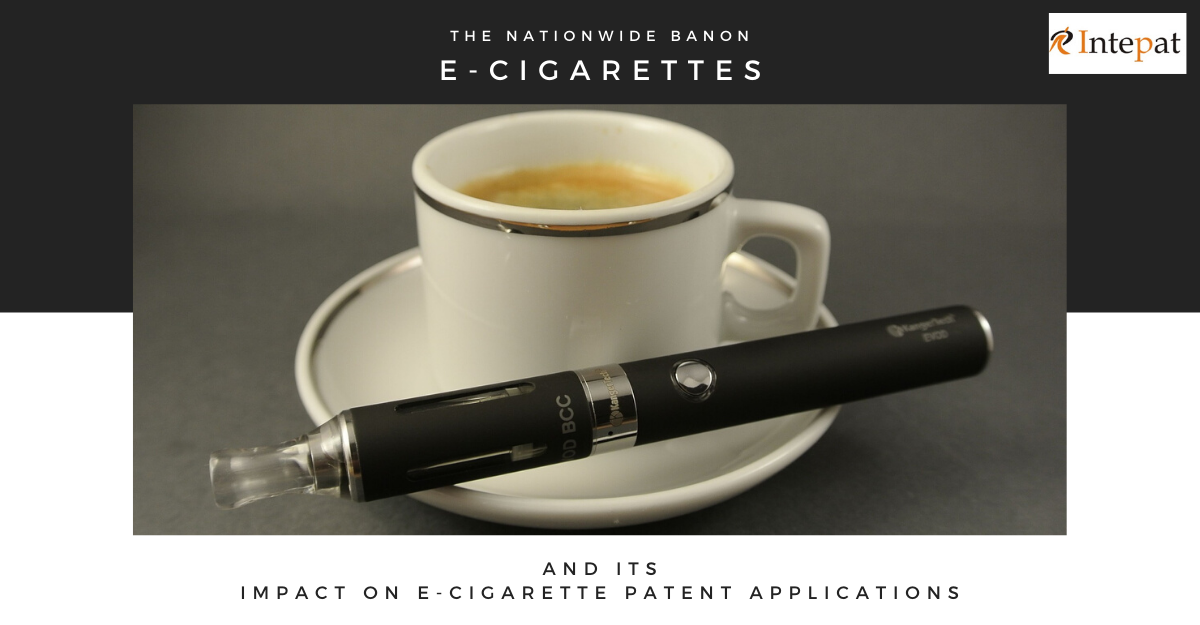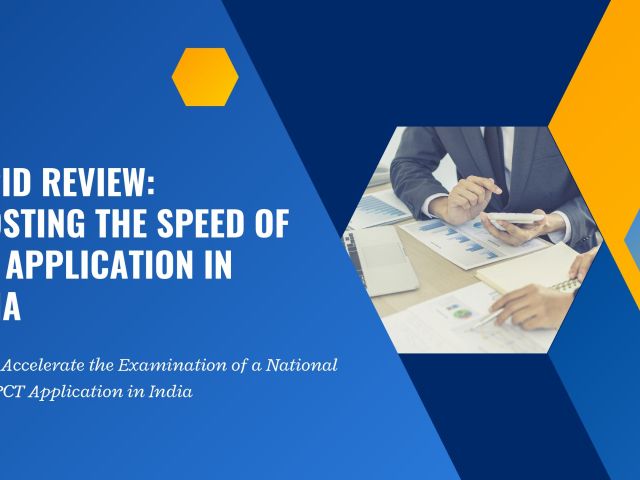Impact on E-Cigarette Patent Applications
An electronic cigarette is a battery-operated gadget that particularly gives out vapors of nicotine or non-nicotine solutions for the user to inhale. E-cigarettes were initially designed to help people quit smoking. But, these products pose a threat to society. Especially, adolescents who get easily attracted to the gadget in different flavors and begin vaping before they realize it.
A study from the WHO shows that India has around 100 million smokers and also 200 million people using tobacco-related products. After careful consideration, India has imposed a nationwide ban on E-cigarettes.
This ban brought the thriving e-cigarette manufacturing businesses to a halt. And also left researchers and designers filing for a patent on e-cigarettes at a loss.
The Prohibition of Electronic Cigarettes Act
The Indian Government has banned the production, manufacture, import, export, transport, sale, distribution, storage, and advertisement of e-cigarettes. The Act was passed on 5 December 2019 and has been regarded to come into action from 18 September 2019.
In violation of the Act for the first time, the person can be imprisoned for up to one year or charged a fine of up to 1,00,000 INR or both. In the case of repeated crime, the person can be detained for up to three years and a 5,00,000 INR fine. A person stocking e-cigarettes will face imprisonment for up to six months or a fine of 50,000 INR or both.
Objections from IPO
The Indian Patent Office (IPO) Controllers are hesitating to proceed with any patent claims that are related to e-cigarettes. Objections to such claims are brought up quoting section 3 (b) of the Indian Patent Act, 1970. Section 3(b) states that the following claims cannot be patented:
“an invention the primary or intended use or commercial exploitation of which could be contrary public order or morality or which causes serious prejudice to human, animal or plant life or health or the environment.”
IPO has issued its updated version of the patent practice and procedures manual. The manual lists show some examples of inventions that come under section 3(b) statement. Accordingly, inventions that are not patentable include, but not limited to apparatus, device, machine or a methodology for
– Gambling,
-Food adulteration,
-Theft or burglary,
-Counterfeiting currency,
-An invention that can cause injury when used.
The plight of Patent Applicants
The objections raised by IPO have put the patent filers associated with e-cigarettes in a difficult position. Inventors have to face so many objections and obstacles during the process of patent registration. The turn of events has left the patent applicants perturbed.
If the Indian Government lifts the ban on e-cigarettes in the future, the efforts on research by the applicants who were not granted the patent during the prohibition will be of no use.
IPO Contradicting International Agreements
According to Article 27 of the Trade-Related Aspects of Intellectual Property Rights (TRIPS) Agreement:
Members may exclude from patentability inventions, the prevention within their territory of the commercial exploitation of which is necessary to protect ordre public or morality, including to protect human, animal or plant life or health or to avoid serious prejudice to the environment, provided that such exclusion is not made merely because the exploitation is prohibited by their law.
This agreement shows that one cannot refuse a patent application related to e-cigarettes only because the Government has passed an act banning e-cigarettes.
Article 4quater of the Paris Convention elaborates on the patentability of an invention when the product is restricted for sale by local law.
The grant of a patent shall not be refused, and a patent shall not be invalidated on the ground that the sale of the patented product or a product obtained utilizing a patented process is subject to restrictions or limitations resulting from the domestic law.
The Controllers are contradicting this convention when they object to patent applications related to e-cigarettes.
IPO’s Stand on Similar Products
The Indian Patent Office has granted patents for harmful products that have similar technology and uses. Patents applications involving the design of traditional cigarettes, smoking compositions, and IPO permits wrapping material covering a smoking material containing tobacco from time to time.
A Word to Patent Applicants
When objections stating section 3(b) of the Act are raised, the applicants were able to appeal to the Intellectual Property Appellate Board (IPAB) against the decision of the Controller. A single judgment in favor of the patent application can actively be used as precedence for other similar applications.
A Word to IPO
IPO should understand the fact that allowing patents related to e-cigarettes will not have any effect on the ban. Though the inventor has patented the technology, they cannot implement it in India due to the Prohibition of Electronic Cigarettes Act. Granting patents for e-cigarette-related inventions will keep the rights exclusive and confined to the applicant. The Government can always go back and impose any regulations on the invention when required.
IPO should rest assured that allowing e-cigarette-related patents will not interfere with the ban imposed by the Government. The research done on the technical side of e-cigarettes should be valued. It would be great if the IPO could reach a decision with well-defined boundaries between patenting of such inventions and the latest ban on e-cigarettes.




